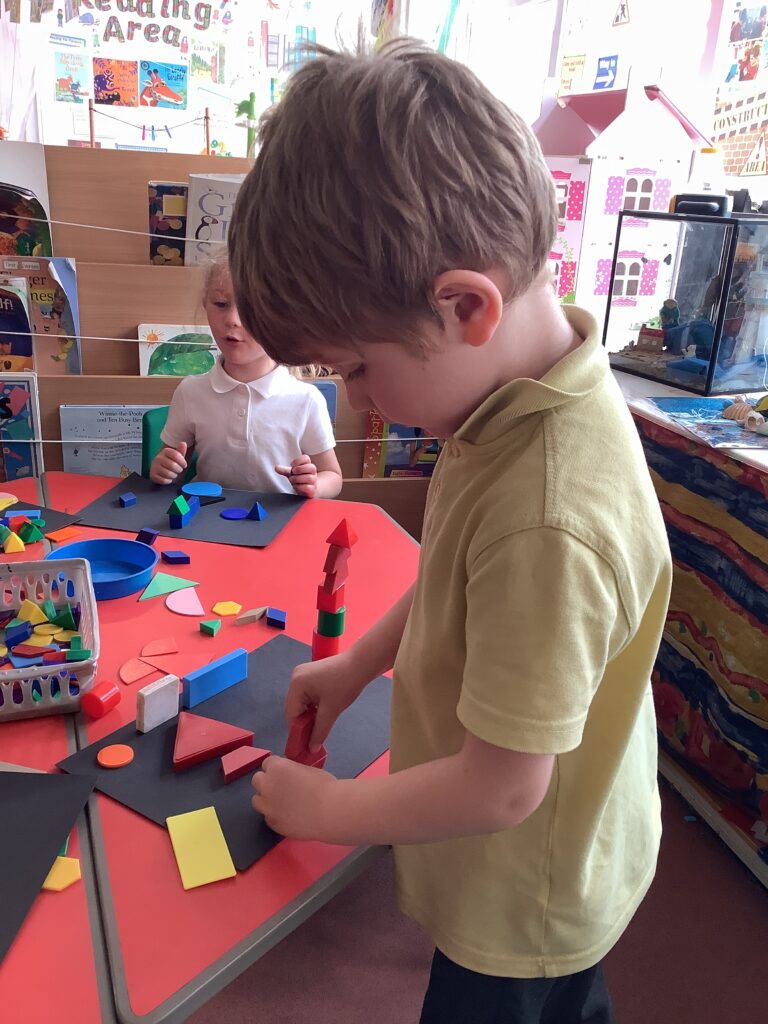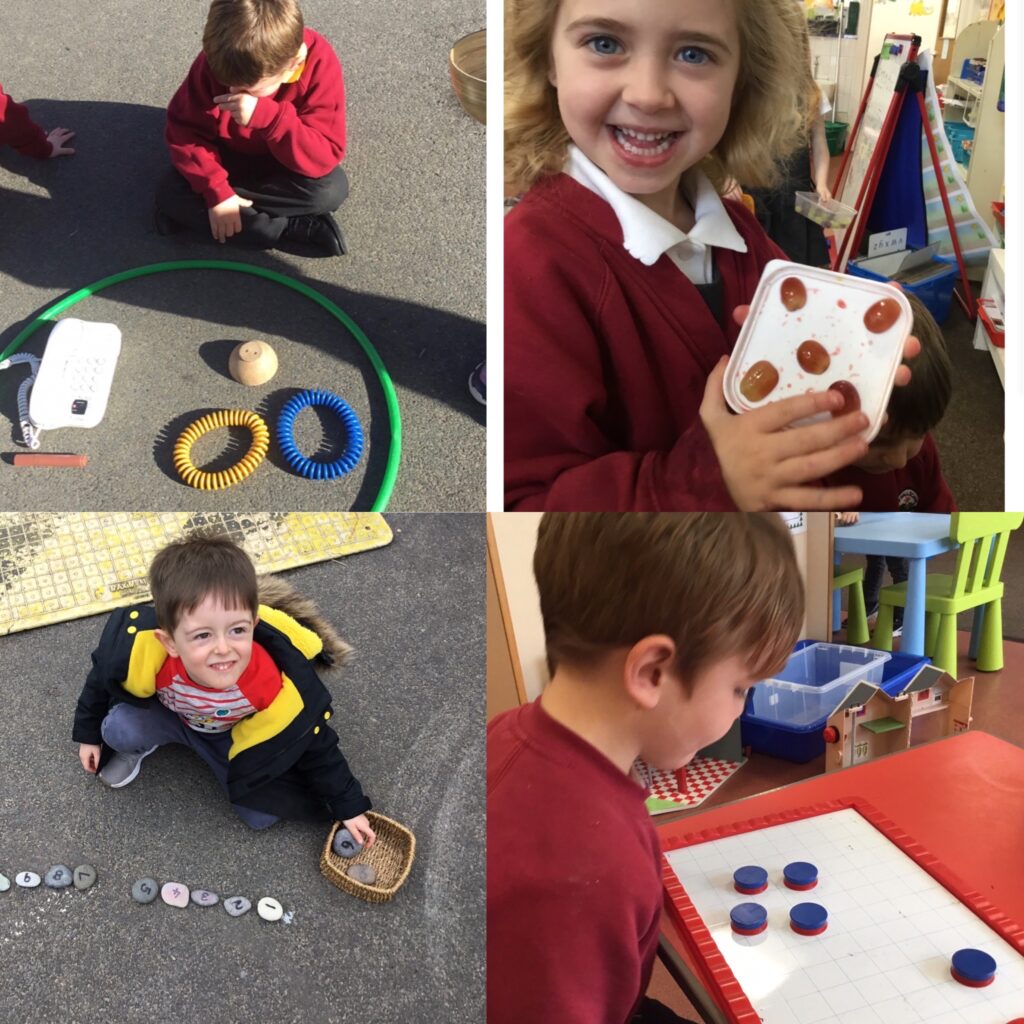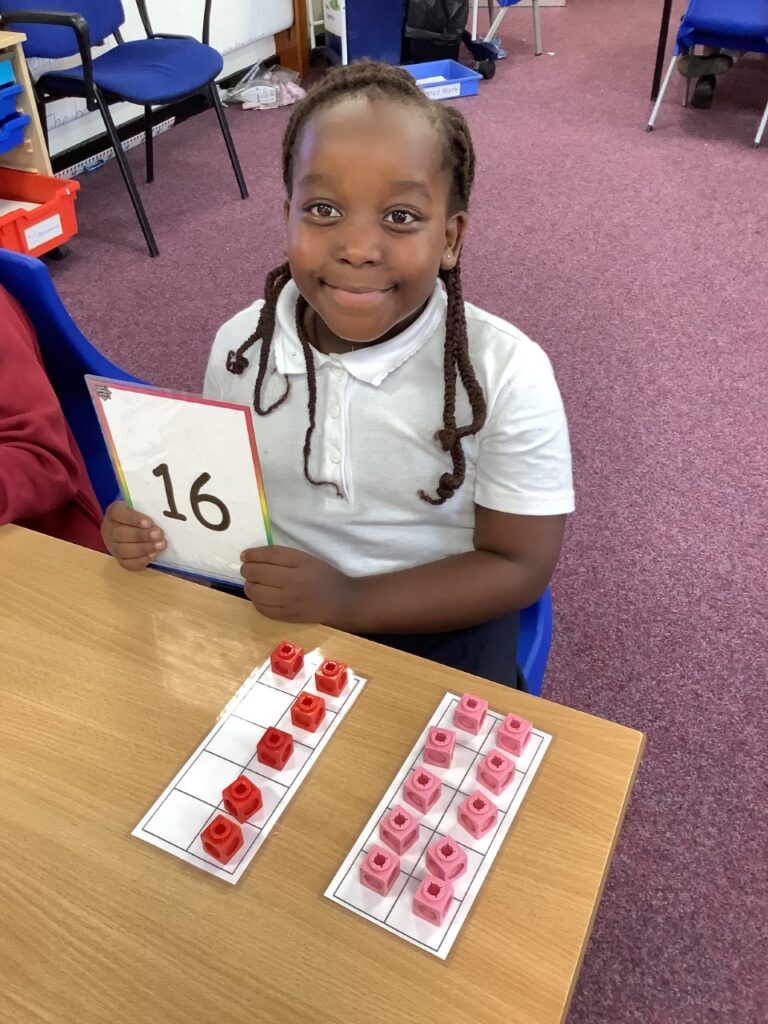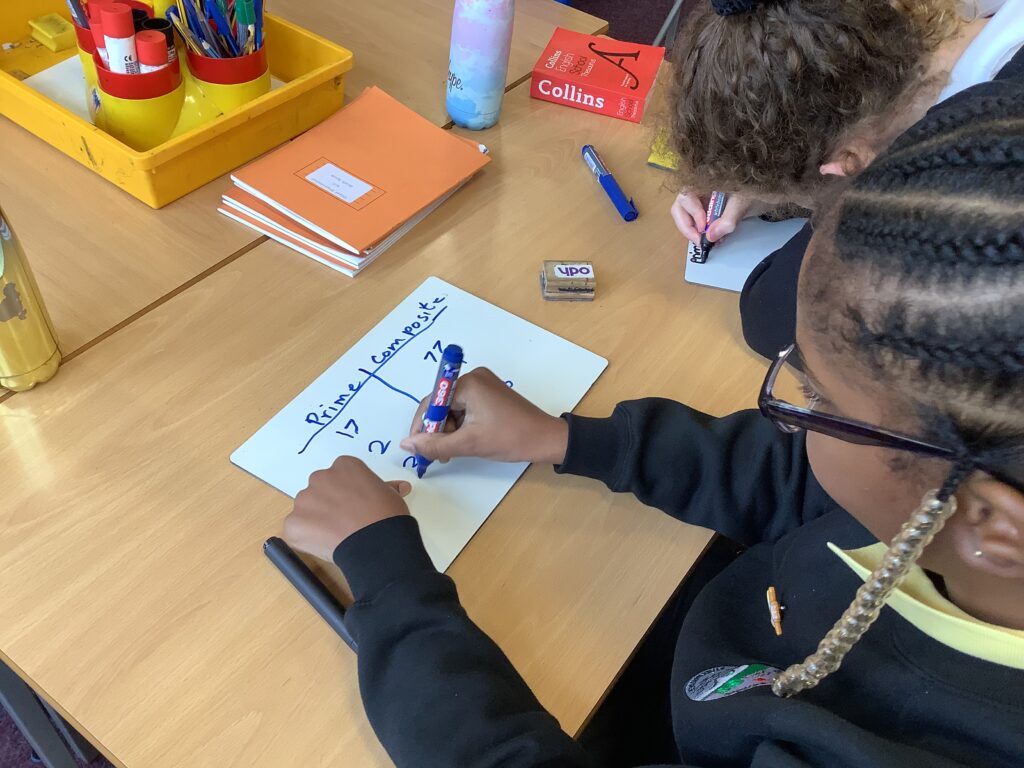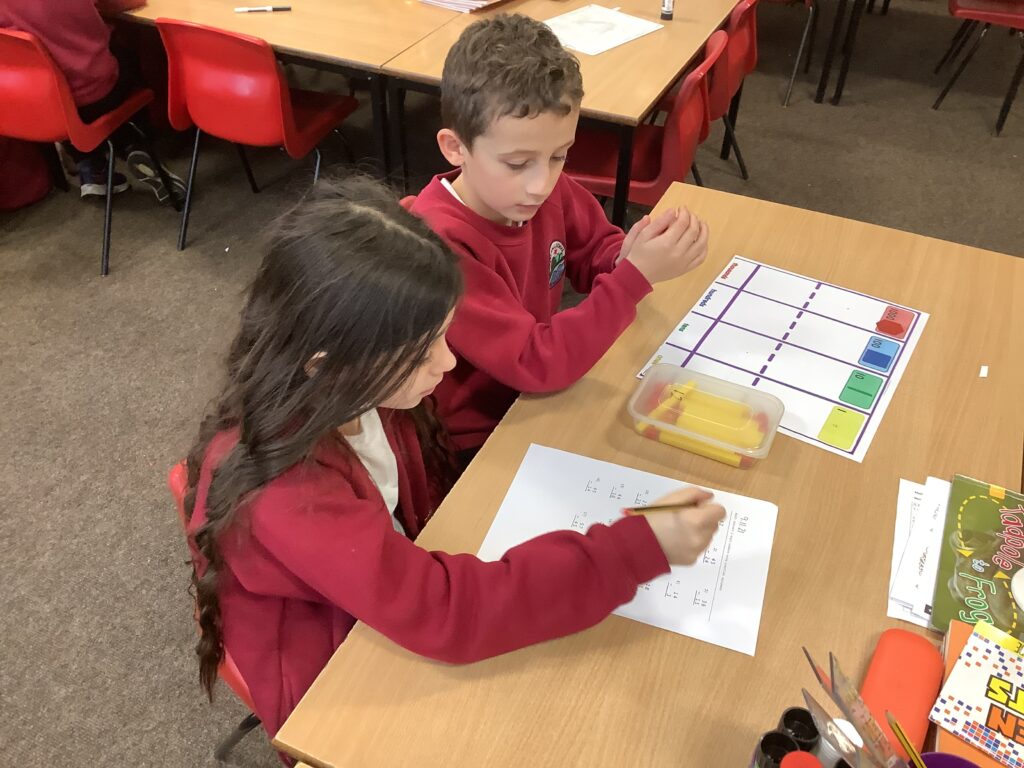Maths
At Gorse Hall Primary and Nursery School, our maths curriculum is designed to enhance and develop children’s enthusiasm, knowledge and skills of key mathematical concepts. Children are able to fluently recall arithmetic proficiency in relation to number and conceptual understanding. Our children can visualise mathematical concepts via making connections between patterns and relationships. They are able to verbalise and reason their understanding of mathematical principles. The children are also able to link their understanding of maths and skills to enable them to solve problems linked to real life contexts. Our aim is that pupils acquire a deep, long-term, secure and adaptable understanding of the subject. Through high quality teaching, we develop the following key principles during mathematics:
- To be able to explore, understand and make links between the patterns and relationships of number.
- To be able to visualise mathematical concepts through use of concrete, pictorial and abstract approach to learning.
- To enhance children’s knowledge and skills through embedded fluency facts which are built upon and progress according to each individual child.
- The ability to immerse in a mastery curriculum in which allows children to verbalise and reason their understanding of key mathematical principles.
- Children are confident and competent in implementing and applying knowledge and skills to solve problems linked to real life contexts.
Curriculum Implementation
How we teach the intended curriculum:
- Shared vision and culture around the importance of maths
- Throughout school there is a concrete, pictorial and abstract approach to learning in which develops the belief and mind-set that every child can achieve highly in maths
- Systems that maximise learning, such as timetabling, intervention, curriculum and pedagogical approaches.
- A clear structured curriculum which builds upon the knowledge and skills to ensure progression over time
- Consistency in classrooms of a mastery approach to learning, questioning, resources, working walls and displays.
- Learners are regularly assessed with an emphasis of supporting, stretching and challenging pupils to fulfil their potential.
- Good maths subject knowledge amongst teachers and LSAS.
- Teaching of arithmetic proficiency for all children, to support mathematical fluency by reducing cognitive load (fluency passports)
- Weekly maths homework set in relation to the learning that has taken place that week
- Times table rock star day to enhance the profile of fluency
- Varied fluency and different representations are incorporated in to lessons via a range of resources to deepen mathematical understanding.
- Key questioning to allow children to reason and verbalise their understanding of mathematical concepts in depth
- Regular book looks which ensure consistency across the school in relation to the mastery approach to teaching and learning.
- Continued professional development for maths leads in which entails regularly attending Maths Hub where high quality maths is observed and celebrated.
- Staff development throughout school through staff meetings and observations throughout school for teachers and TAS.
Curriculum Impact
Our maths curriculum is high quality, engaging and planned to allow all children to access maths in a way in which is meaningful and allows them to make good/excellent progress. In addition, we measure the impact of our curriculum via the following:
- Outcomes in externally set assessments
- Outcomes in fluency assessments
- A celebration of learning each year and enjoyment of maths
- Rewards such as certificates for times tables rock stars, fluency passports and an enthusiastic approach to learning.
- Conversations with pupils that demonstrate a mastery approach to maths and a positive mind-set towards the subject and making progress in their learning.
- Learners that are confident in discussing and reflecting upon their individual progress
Staff which are confident in delivering a mastery approach to mathematics
Mathematics Programmes of Study
Parents guide to White Rose Maths
Maths Knowledge Mats
I CAN Statements
